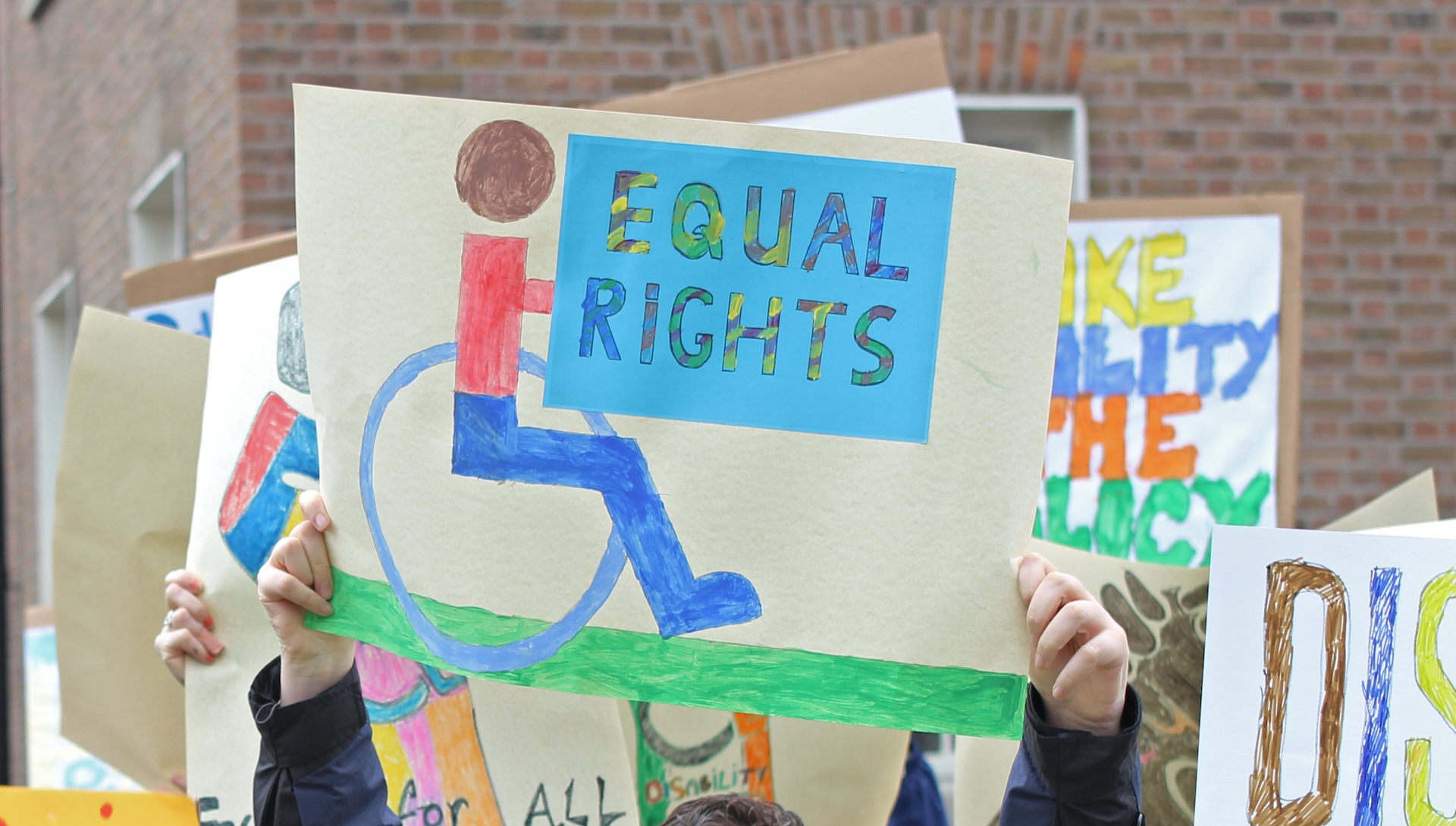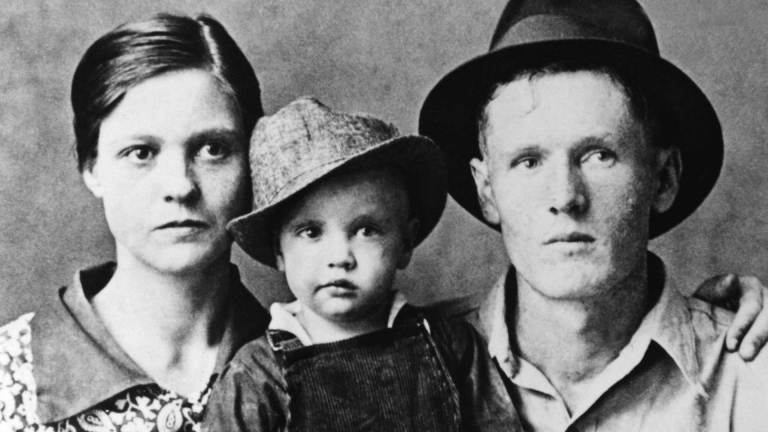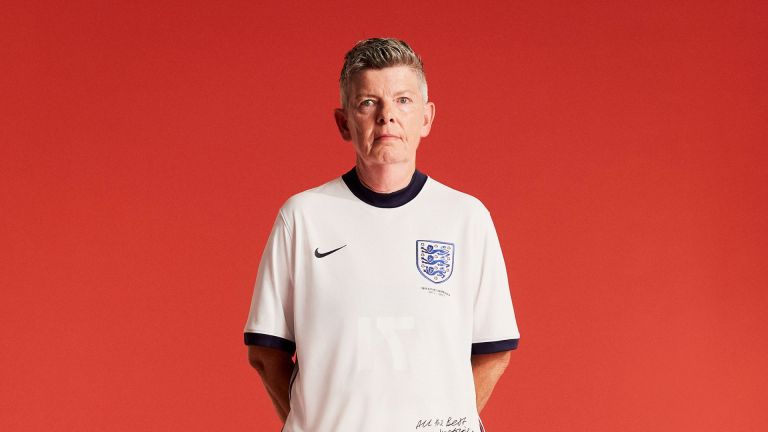“We can’t keep paying a heavier and heavier price for failure. Our NHS can’t afford to keep bearing a heavier burden. We can’t afford not to act.” Wes Streeting wrote in the Guardian when finally announcing the government’s plan to tackle our social care crisis.
Well, to be clear, it’s more a plan to make a plan to possibly do something in the future: as the independent commission on building a National Care Service that the health minister announced won’t have an interim report published until 2026, while the full review won’t be concluded until 2028.
- Disabled people were celebrated in 2024 – so why are so many fearing 2025?
- ‘The world needs more kindness’: People with learning disabilities share their hopes for 2025
The minister is right that we are paying a heavy price for the failure of our system. However, the economy, or our NHS, does not pay the highest cost; it is paid by those of us who have to draw on support from the care system. “Any deaf or disabled person using social care knows system change is long overdue”, Alex Johnston, head of commercial and social enterprise at WECIL, told me.
The system fails millions of disabled people of all ages by denying us support, providing us with inadequate levels of care, and subjecting us to harmful and oppressive support in closed settings. It doesn’t enable us to develop, flourish and lead full lives.
And colleagues from the grassroots organisation WinVisible (Women with Visible and Invisible Disabilities) laid out the reality for many: “We’ve struggled to get basic support or to afford care charges of typically £100 a week from our benefits.”
The current system rations help, puts in place minimum levels of care and charges people with scant resources. The current social care system is based on flawed principles and outdated service methods. Disabled people are treated as passive recipients of care, not equal and valued citizens who require support in the form of social care to live full lives.










